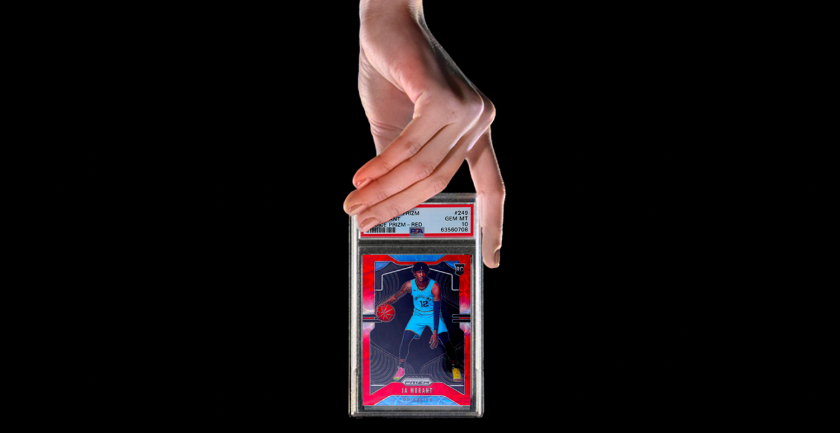We’ve written a few times about Alt, a platform that helps trading card collectors (think Pokémon, NBA, NFL, etc.) research, buy/sell and securely store high-value cards. This week, after a few months of quiet testing, the company is announcing a new product: Alt Advance. Read the article about Pokeacute 20m serieskumparaktechcrunch.
The idea? If you’ve got rare/valuable trading cards stored with Alt, they want you to be able to borrow money against them. Alt has the insight on how much a given card collection is worth (and how much its value tends to fluctuate over time) and already offers secure card storage as part of its other products, putting them in a unique position to do something like this.
Know About Pokeacute 20m serieskumparaktechcrunch
“If you have stocks, bonds, real estate, even crypto now, it’s very easy for you to go and take your assets, deposit them somewhere that custodies them, and get a loan against it,” Alt founder Leore Avidar tells me. “We want to do the exact same thing.”
In its early testing phase, Alt was funding the loans from its own balance sheet; now that it’s starting to scale the product up, the company has closed a $200 million debt line with alternative investment advisory firm Atalaya.
More About Pokeacute 20m serieskumparaktechcrunch
To be clear, the process here is a bit more involved than saying “Hey, I’ve got a first-gen Charizard in a box somewhere. Money please!”
First you’ve got to get your card(s) graded by a group like PSA or BGS — a process that helps verify authenticity and examines cards for even the tiniest of flaws.
Once graded, you can send cards to Alt’s Vault — a fully insured and “temperature, humidity and lighting controlled” facility for keeping cards safe.
Once vaulted, a card is added to your Alt portfolio — at which point it can be shown off as part of your verified collection, sold on Alt’s exchange, or, now, borrowed against.
Alt says they’ll currently allow collectors to borrow up to 40% of their portfolio’s value for up to 12 months at an annual interest rate of 9%-10%. The company notes that they see people using this liquidity largely for shorter-term loans — think bridge loans to help secure a real estate purchase — so they’re allowing them to be paid off early without fees. As for the size of the loans we’re talking about, the team says they’ve already funded loans across the gamut from “very small” into the “mid-single-digit millions.”
Alt is rolling out their lending product on a state-by-state basis, as lending regulations vary by region. They tell me they’re currently able to offer Alt Advance in around 30 states, and that they expect it to go live in the rest of the states by the end of the year.
Eventually, Leore notes, Alt may expand into other “alternative assets” beyond trading cards (think luxury watches, sneaker collections, etc.) but he’s in no rush.
“We’re taking a very much focused approach — we’re building up market share in trading cards. Until we are a top player, you won’t see us in another asset class,” says Leore. “We want to win in one thing.”
“When I built [Alt], this was like the key product I wanted to have,” he adds. “I’ve now invested in over 50 something companies, I own crypto, I own cards … none of those, when you go to a traditional bank, have ever been able to get collateralized loans. I’m really kind of fighting that. I know that the world is moving more toward those alternative assets. I want to be the company where we understand those assets, and I do believe that’s where the future is.”
Alt has raised $106 million in venture funding so far, backed by BoxGroup, Spearhead and Alexis Ohanian (by way of 776) — plus a number of professional athletes, including Tom Brady, Kevin Durant and Candace Parker.

